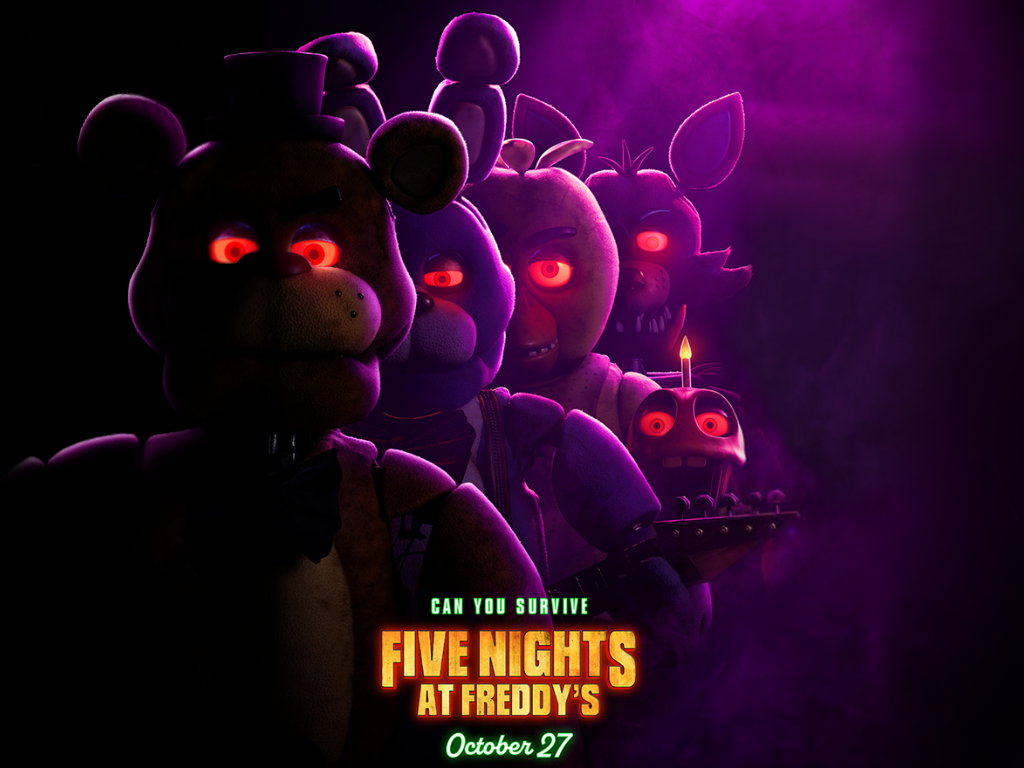Lorrie Moore, born Marie Lorena Moore, was born and raised in Glen Falls, New York. From a young age, she was drawn to reading and writing, which she claimed was due to her childhood shyness and propensity for writing over verbal communication. She was also drawn to theater, which was influenced by her parents’ membership in an amateur operetta club. She began writing more formally in her teens and, at age 19, won Seventeen’s annual fiction award (the same one that Sylvia Plath won). She attended St. Lawrence University in Canton, New York, and majored in English. She earned her MFA from Cornell University in 1983, for which she wrote most of her first published short story collection, Self Help. Currently, she is the Gertrude Conway Vanderbilt Professor of English at Vanderbilt University.
Moore takes a unique approach to writing, as she tends to balance a thin line between autobiography and fiction. Although she claims that she will never write a true autobiography because she finds her life to be “too boring” to write about, she tends to combine bits and pieces of her real life into the short stories and novels she writes. In one of her short stories featured in Self Help, “How to Become a Writer,” Moore describes the experience of Francine, who (accidentally) discovers a passion for writing amidst criticisms from her classmates and friends. Although this story is fabricated by Moore, she presents it in a way that seems she has lived these events herself. Through the point of view of “you,” she is able to create a didactic yet intimate relationship between the reader and her written work. Although Moore still creates a distance between the reader and “you” by prescribing Francine as “you,” she is still able to elicit these extremely personal and realistic situations. Yet, throughout this whole story, she never tells the reader how actually to become a writer. Instead, she provides the reader with the experience of becoming a writer, as if the reader lived it themselves.
In addition to claiming her life is “too boring” to write about, Moore tends to keep her private life extremely private. Yet, she still finds a way to form strong connections between the reader as well as the people she meets. Described as “everyone’s crush,” she is able to draw attention and interest through her words alone. She is able to create incredible intimacy while also keeping herself an arm’s length away from her characters and writing. In her creative process, she tends to be a collector, with her protagonists sharing some similar characteristics to herself and the situations they experience being parallels to her own life. Yet, just simply incorporating these characteristics, according to Moore, does not draw in the reader. Instead, she uses these real-life events as inspiration, and through her creative process she tries to make them more “imaginative.” She “gathers and mines” her own experiences and what she considers to be the “best stuff in the world” to carefully craft her stories and characters. When asked if she expresses her views through her writing, she claimed that she instead channels her moods into her written work instead. Instead of directly stating what she believes in her writing, she projects what she is currently feeling into her characters and stories. Moore also believes that her childhood experiences with theater have deeply influenced her creative process when writing, as she remains “forever…in the audience.” Due to this viewpoint, she can mirror what she wants the “audience” (or reader) to experience and feel while reading her works.
Another quirk of Moore’s writing is her clear love for somewhat excessive and extremely specific metaphors and comparisons throughout her writing. Although it is difficult to explain how she incorporates these somewhat outlandish ideas into her somewhat mundane and realistic stories, she seamlessly incorporates these concepts into her work, making them seem completely natural and cohesive within her writing. In contrast to using bizarre descriptions, her dialogue is shockingly realistic, as if she transcribed an everyday conversation between friends, family, or lovers. Although these contrasts may seem jarring, Moore combines them in her writing to reflect and amplify her characters’ experience of the human condition.
In my focus book, Faith, Hope, and Carnage, by Nick Cave and Seán O’Hagan, Nick Cave tends to take a different approach to his audience's experience. Instead of creating a way to connect with them through song, he tends to write what he genuinely feels in his songs without regard to his audience. He does not particularly care if his “fans” dislike his work, such as his transition away from writing songs with a traditional narrative. In contrast, Moore places herself in the position of the audience and strives to form a deep and genuine connection with them through her writing.
As an avid reader of Moore’s short stories and novels, I can see her careful consideration behind her work and the connections she strives to create between it and the audience. The first work I read by Moore was Who Will Run the Frog Hospital?, which was her first novel. I was immediately hooked from the start as the story and characters were unlike any I have seen written before. Although her stories tend to feature characters who are similar to me (one of her characters was from the town I went to grade school in!), there is an underlying depth and sadness that contrasts with her somewhat eccentric writing to efficaciously capture the human condition.
By: Thérèse Giannini
Works Cited:
https://www.nytimes.com/2023/06/17/magazine/lorrie-moore-novel.html
https://archive.nytimes.com/www.nytimes.com/books/98/09/20/specials/moore-writer.html
https://www.theparisreview.org/interviews/510/the-art-of-fiction-no-167-lorrie-moore
Image Credit:
https://www.americanacademy.de/person/lorrie-moore/
https://www.amazon.com/Self-Help-Lorrie-Moore/dp/0307277291












